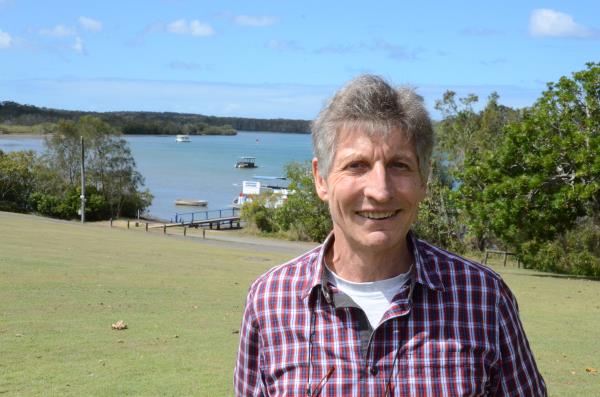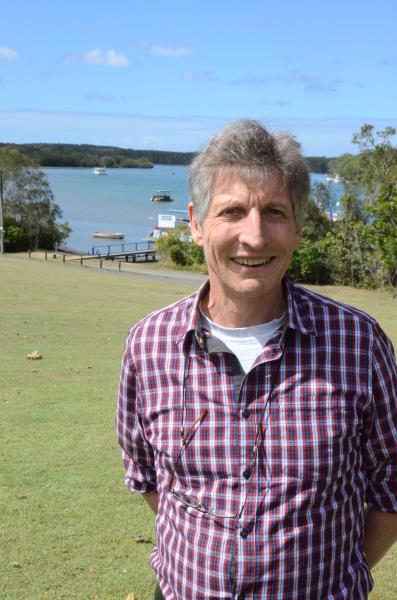By JONATHON HOWARD
A NOOSA author is on a mission to help parents understand the importance of nurturing their child’s brain, by limiting access to “smart phones” and digital devices.
It’s an age old saying “too much TV will rot your brain”, but what about too much time on smart devices, computers and tablets?
Jonathan Anstock is the author of “Teach the Children Well – Our Spiritual Investment”, which delves into the values of formal school education and the need to raise well-rounded and empowered children.
Mr Anstock said he recently heard about a young child who picked up a picture book at a Queensland school and attempted to “swipe” the front of the children’s book like an iPhone or touch screen device.
“It may come as a shock to some parents but this is the sort of behaviour that children are displaying after, in some cases, they have been glued to their phones or devices for hours,” he said.
Mr Anstock will host a day-long workshop at the Noosa Tewantin Bowls Club on Friday 7 November, from 9.30am till 3pm.
The workshop, titled Information and Communication Technologies (ICT) In The Early and Primary Years, will focus on a critical review of ICT in relation to child development, evolving human faculties and recent neuroscience research.
“Information and communication technologies are important in their rightful place,” Mr Anstock said.
“Sadly, some extremely important information and communication processes and technologies may be sidelined because of the exponential speed at which electronic media and electronic technology has been embraced.
“This rush into new electronic technologies is sometimes seen as the way ahead. Used judiciously, electronic technologies are great. But if they replace other technologies which develop important human faculties that are at the foundation of our human development, then we may be found guilty of rushing into unhealthy and de-humanising aspects of our development, particularly with young children.”
Mr Anstock said he fears the imagination and engagement with the real human world need to be developed in the early years.
“These require three and four dimensional human experience – two dimensional experience (ie screen time), does not, and cannot, replace the three and four dimensional experience.”
Mr Anstock said neuroscientists’ were only now starting to support ancient wisdom in relation to child development – simply too much screen time is known to be harmful.
“We need to preserve childhood and place electronics in their rightful place,” he said.
To find out more about the day-long workshop, or to get involved, phone (07) 5471 1752.









